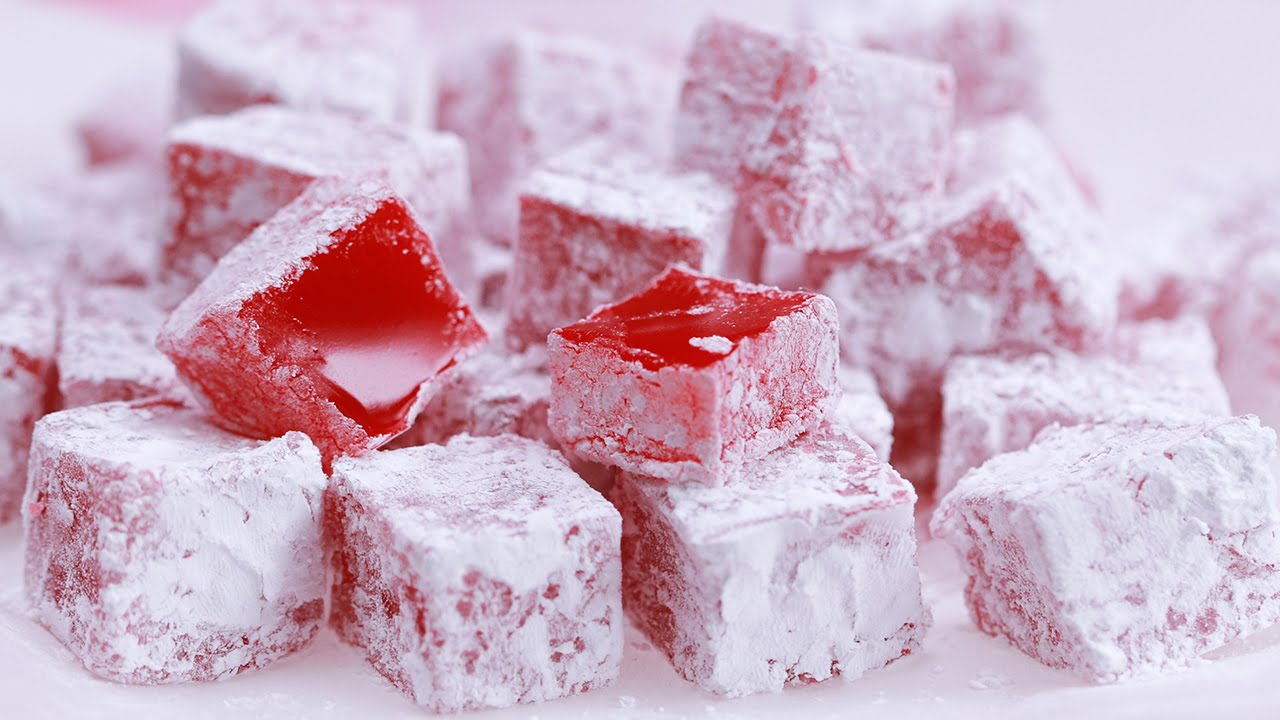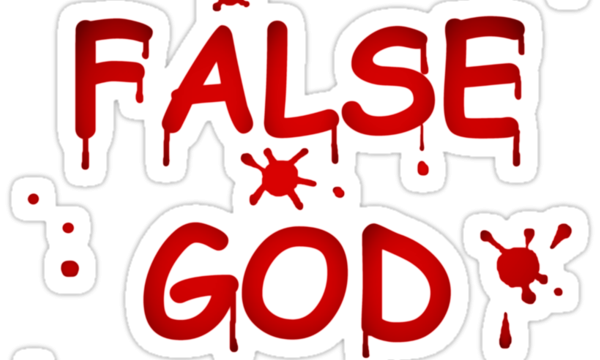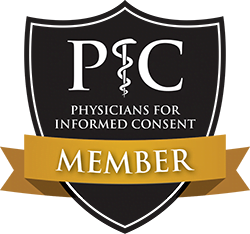When I speak of Turkish Delight, I conjure up the image of the powdered sugar sweet that was in The Chronicles of Narnia for which Edmund Pevensie had a penchant for and which also was used by the White Witch to entice Edmund and lure him into evil.
I often compare most sins in the world as Turkish Delight, because most of the sins we commit are not so outwardly noticeable, we aren’t running around murdering people and acting violently. Most of our sins look delightful. They look justifiable. They look downright okay.
We may even find ourselves only relaying this concerning our
seemingly meaningless overindulgences with food or drink. Or maybe with the
good looking guy who is just so bad for us. We may be tempted to paint this in
ways that media would (think “A Walk to Remember” or “Grease” or even “Sex in
the City”) and allow it to become just a silly thing, not a big thing.
We make our sin seem subtle and not so alarming, we sugar-coat it, and downright
minimize it to the point of normalizing it.
But when we peel back the layers and look deep at the subtleties of our sin, we can actually see an entire domino effect happening in the background. An affectation of events and consequences that we most likely didn’t intend and didn’t even know existed.
This is the part of me that I have started to notice more keenly. We can all see how some of the things we do have consequences. (When we drink too much we get loose lips and say things we didn’t intend, or when we overeat, we get sick from it or gain weight and don’t fit into our clothes.) But what about those other consequences: like how after drinking too much and saying too much I don’t know that I’ve offended someone? Or maybe by being loose-lipped, I’ve caused others to treat me differently even if I’m not drinking. Or maybe just the example I set by drinking allows alcohol use to become the norm for socializing. Perhaps the subtly of sin has allowed us to convince ourselves that there is no affectation.
The bad in our lives often don’t look bad and the effects it has aren’t always apparent. But all of our actions have repercussions; we just don’t think about them.
One of these things can even be the way we treat people when they’ve wronged us. I know that too frequently in my past I have lashed out at a person because they have done something wrong to me, from a slight infraction to something more major. However, the true test of my character is how I behave in a bad situation, not a good one. And even slight rudeness from me can have unknown impacts. I can go to the grocery store and be treated rudely by a clerk and I can be just as rude right back and society would tell me that I am justified, but that’s not what the Bible tells me. The Bible tells me to turn the other cheek. To return hurt with love. How else will others know how to behave even in bad situations if we don’t show them?
And how do we know the consequences to that person? What if that person (like so many of us!) has a string of wrongs that have been done to them and they are, themselves struggling with this inward version of themselves and we add to that?
Now you might wonder: what about the people who have seriously wronged us? We are still supposed to respond in love. We may have to remove ourselves from hurtful people, but we are not supposed to seek revenge. “Do not take revenge, my friends, but leave room for God’s wrath, for it is written: ‘It is mine to avenge; I will repay,’ says the Lord.” (Romans 12:19 NIV)
What about those little sins that seem inconsequential? We need to be mindful of all our actions, because like Newton’s law, for every action, there is an equal and opposite reaction is the real possibility.
This is the first post in a series that I will be doing on what sin looks like, what consequences it has that we don’t think about and how to guard our hearts and actions.









Comment Form